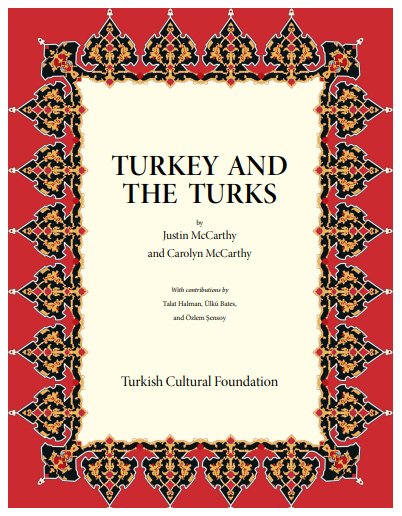Understanding meal times in Turkey is key to immersing yourself in the local culture and cuisine. Turkish dining habits, influenced by a rich culinary history and social customs, offer a delightful experience. From the leisurely breakfasts to late-night dinners, Turkish meal times might differ from what many are accustomed to in other parts of the world.
Traditional Turkish Meal Times
1. Kahvaltı (Breakfast)
- Time: Traditionally, breakfast in Turkey is enjoyed relatively early in the morning, typically starting anytime from 7:00 AM to 10:00 AM.
- Characteristics: Turkish breakfast, known as “kahvaltı,” is a substantial meal. It usually includes a variety of bread, cheese (like beyaz peynir), olives, eggs, tomatoes, cucumbers, jams, honey, kaymak (clotted cream), and sometimes more substantial items like sausages (sucuk) or pastries (börek).
- Social Aspect: Weekend breakfasts can be extended family affairs or social gatherings and may last well into late morning or early afternoon.
2. Öğle Yemeği (Lunch)
- Time: Lunch in Turkey is typically served between 12:00 PM and 2:00 PM.
- Content: A typical Turkish lunch might consist of dishes like kebabs, köfte (meatballs), stews, or pide (Turkish pizza). It’s usually a full meal but can be lighter depending on the region and personal preference.
- Workday Lunch: In urban areas and workplaces, lunch breaks might be shorter, leading to quicker meals.
3. İkindi (Afternoon Tea)
- Time: This is not a full meal but a tea-time tradition, typically observed between 3:00 PM and 5:00 PM.
- Features: Accompanied by small pastries, cakes, or börek, and of course, Turkish tea, this is a time to relax and socialize.
4. Akşam Yemeği (Dinner)
- Time: Dinner is often the main meal of the day and usually starts later than in many Western countries, often from 7:00 PM onwards, and can start as late as 9:00 PM.
- Nature of the Meal: Dinner is a substantial meal and a family affair in many households. It typically includes multiple courses – starting with soup (çorba), followed by a main dish, and ending with dessert.
- Social Dinners: In a restaurant setting or during social gatherings, dinner can be a lengthy affair, filled with shared dishes (meze), main courses, desserts, and plenty of conversation.
5. Gece Yemeği (Late Night Eating)
- Time: Particularly in big cities and on weekends, it’s not uncommon for people to enjoy late-night meals or snacks, sometimes as late as midnight.
- Typical Foods: This might include everything from street food like döner and kokoreç to full meals in 24-hour restaurants or at home.
Modern and Urban Shifts
Adapting to Contemporary Lifestyles
- In bigger cities and urban areas, meal times can vary and adapt to contemporary work schedules and lifestyles. Quick lunches and later dinners are common in metropolitan areas like Istanbul and Ankara.
Regional Variations
Diverse Culinary Cultures
- Regional differences also impact meal times and content. For example, in coastal regions, fresh seafood might dominate the dinner table, while in the interior, heartier meat dishes may be more common.
Meal times in Turkey reflect the country’s rich culinary traditions and social customs. From leisurely breakfasts to late-night feasts, Turkish dining is an experience that goes beyond just satisfying hunger – it’s about community, tradition, and enjoyment. While modern lifestyles, especially in urban areas, have led to some shifts in traditional meal times, the essence of communal dining and enjoying a variety of flavorful dishes remains central to Turkish culinary culture. Understanding and adapting to these meal times can enhance the experience of visitors and help them embrace the rich tapestry of Turkish life and cuisine.

